The health of the population and the health service system are influenced by many factors, known as health determinants. Dahlgren and Whitehead’s (1992) model of the determinants of health describe the conditions that function within the individual and in society. Thus, understanding the determinants of the health service system and the health status of the people is essential in order to develop policies and programs that impact a population’s health and a country’s development.
Globally, numerous literature published has indicated the influence of health determinants on the health status of the population in each country. However, there is a dearth of literature on the influence of health determinants regarding the health service system and the health status of the people in the Greater Mekong Subregion due to their differences in terms of political, social, environmental, and economic conditions. In 1992, with the assistance of the Asian Development Bank (ADB), six countries bordering the Mekong River engaged in the Greater Mekong Subregion Economic Cooperation Program. The six countries were Cambodia, the People’s Republic of China (specifically Yunnan Province and the Guangxi Zhuang Autonomous Region), the Lao People’s Democratic Republic, Myanmar, Thailand, and Vietnam. This program aims to support the development efforts of its member countries by promoting sub-regional cooperation in different sectors, including health. It is expected that this program will promote cooperation among its member countries in the creation of policies and programs for sustainable development.
This review paper compares the health determinants of the health service system and the health status of the people in the Greater Mekong Subregion, specifically in Thailand, the Lao PDR, Vietnam, and Cambodia, using an online search from a variety of academic databases, government databases, the World Health Organization, and a synthesis of previous studies. Moreover, this paper recommends policies that impact the population’s health and the country’s development to guide policymakers, healthcare providers, and other stakeholders in developing comprehensive, integrated, and unified health programs for the GMS people.
For more information, the full title of the paper is “Comparison of the determinants of the health service system and the health status of the people in the Greater Mekong Subregion.”
This article is open access and can be downloaded from here: http://www.eurekaselect.com/154347/article
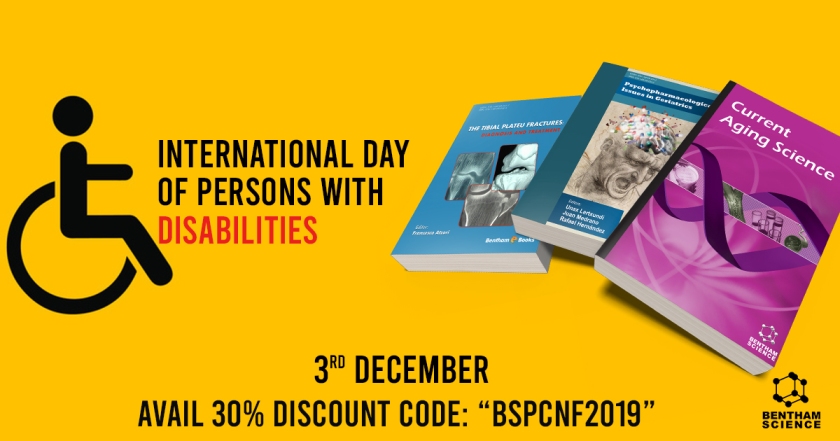






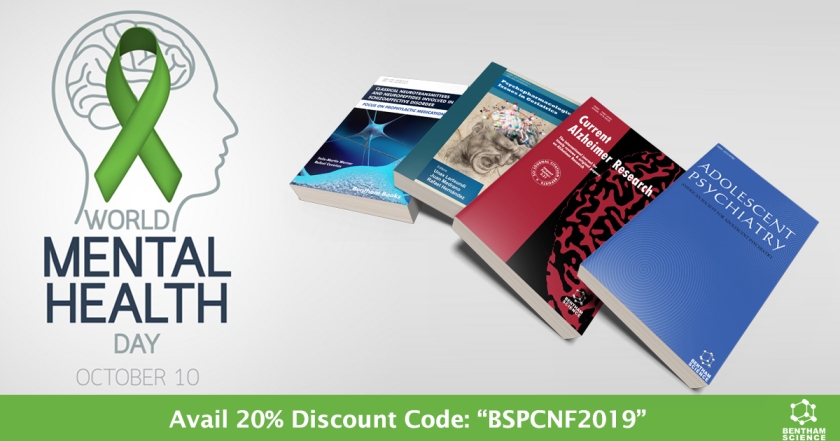
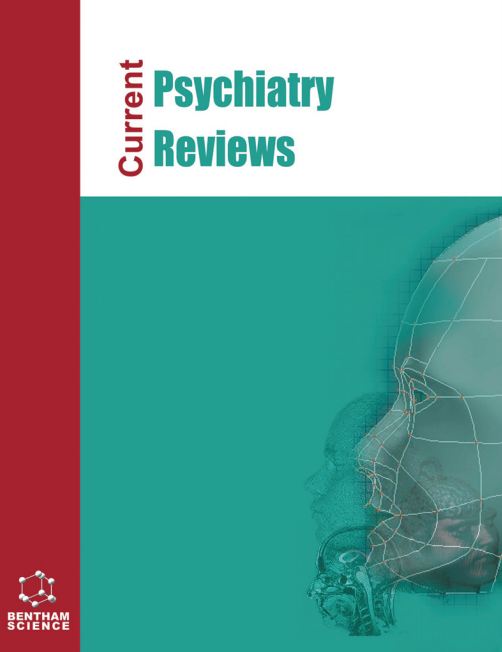

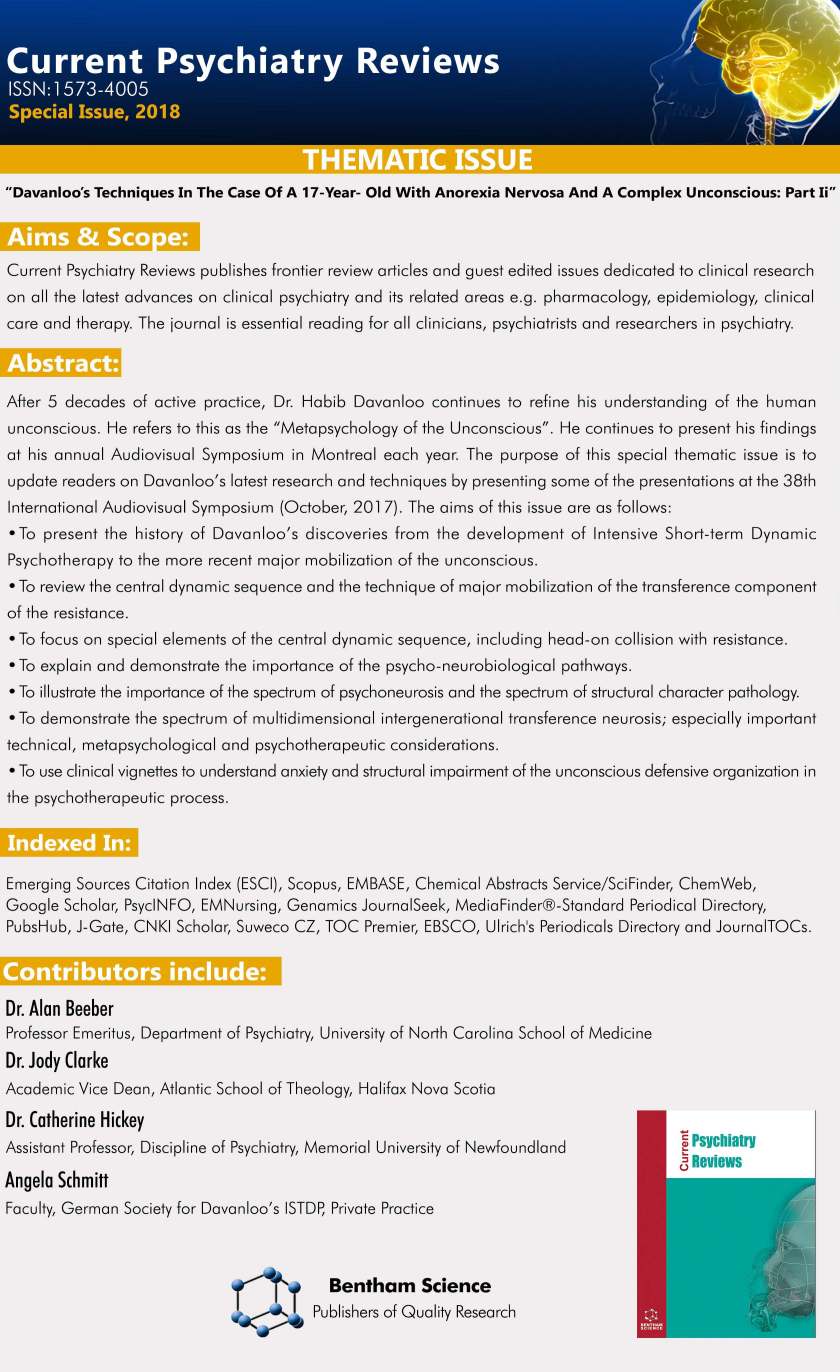

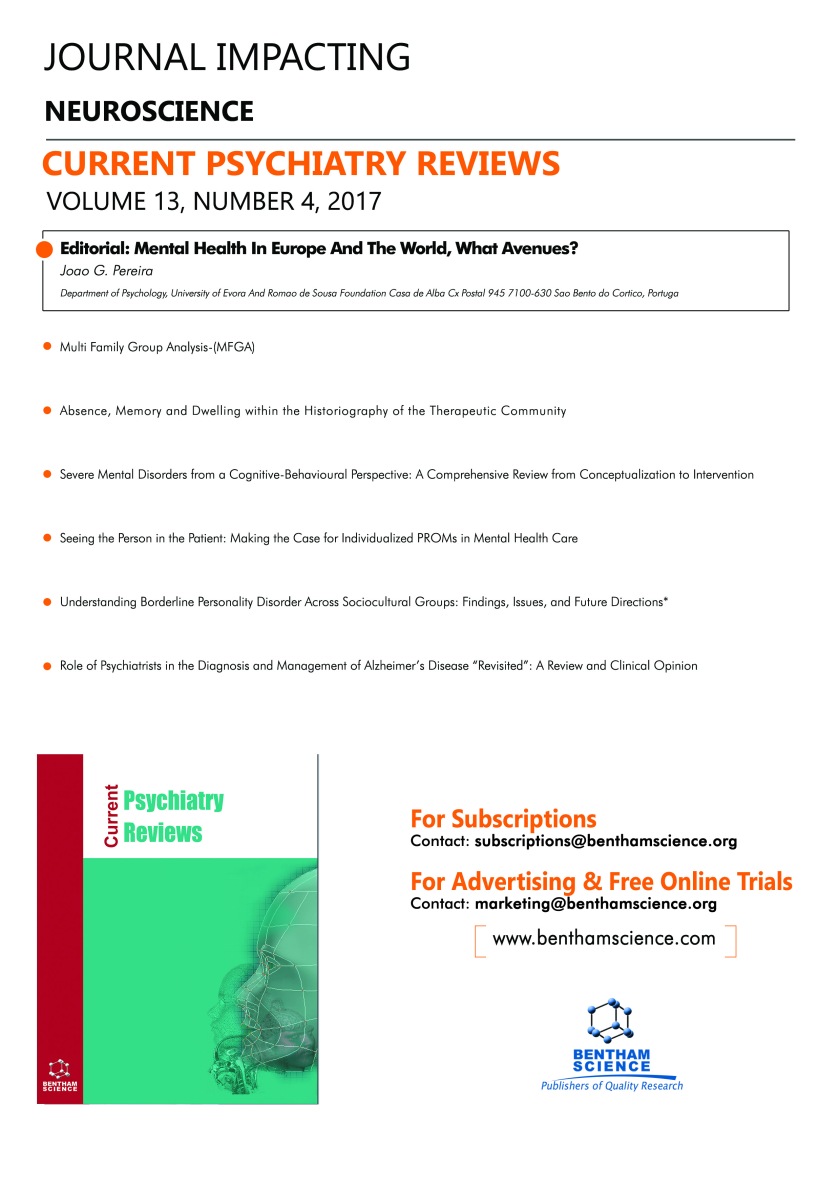
You must be logged in to post a comment.